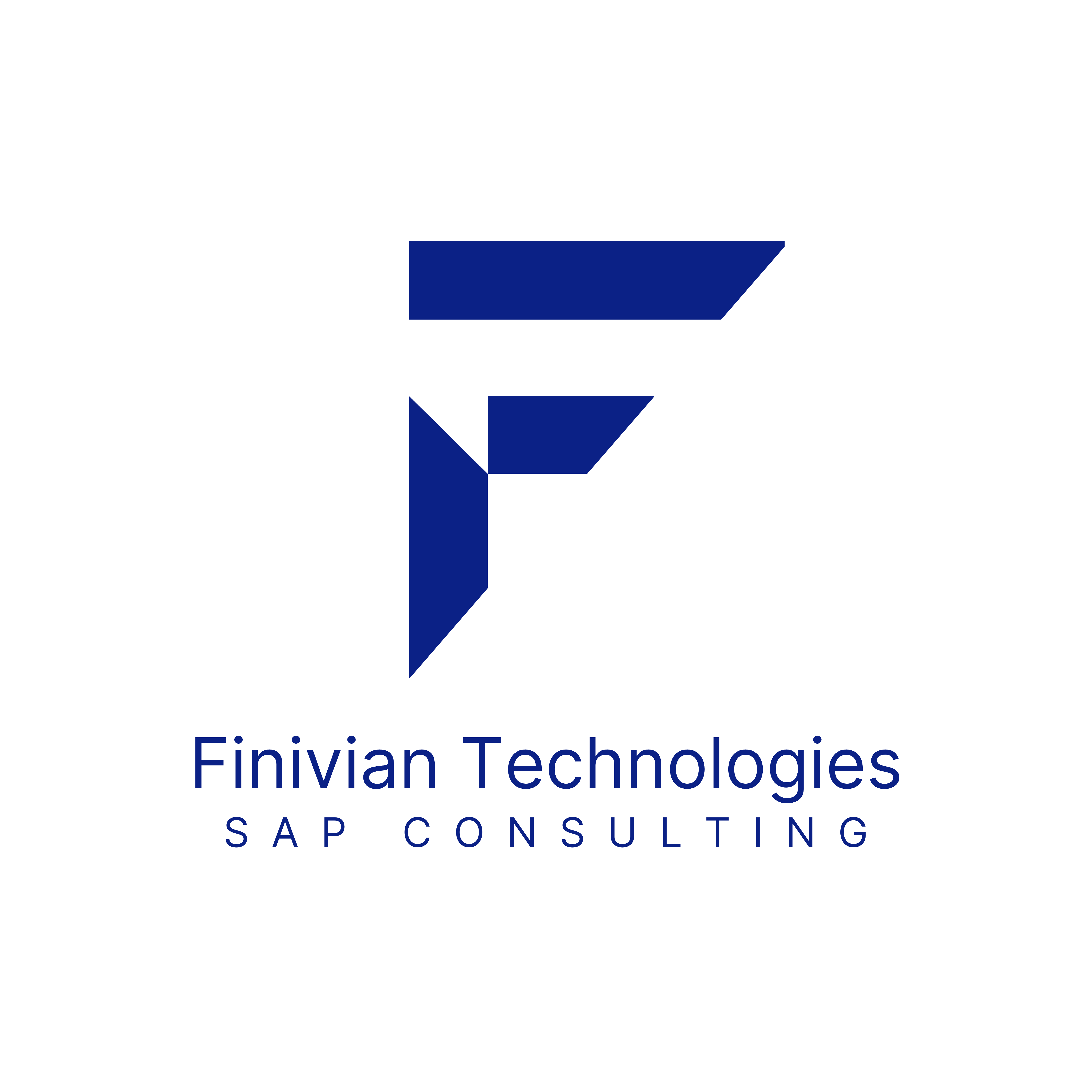Introduction:
The rise of artificial intelligence (AI) has sparked intense debates across industries, and SAP consulting is no exception. With automation advancing rapidly, many professionals wonder: Will AI eventually replace SAP consultants? Or is the human expertise in SAP too indispensable to be phased out?
Let’s explore the evolving role of SAP experts in the age of AI-driven automation.
The Growing Influence of AI in SAP
SAP has been integrating AI-powered features across its ecosystem, particularly within S/4HANA, SAP Business Technology Platform (BTP), and SAP AI Core. These advancements bring automation to core business processes, predictive analytics, and even self-healing systems, reducing manual workloads and enhancing efficiency.
Some notable AI-driven innovations in SAP include:
- AI-Driven Chatbots & Virtual Assistants – Assisting with queries, guiding users, and performing routine SAP transactions.
- Predictive Analytics – Enabling proactive decision-making by analyzing vast datasets.
- Automated Data Processing – Enhancing efficiency in finance, HR, and supply chain processes.
- Machine Learning in SAP S/4HANA – Providing intelligent insights and automated recommendations.
These AI-driven enhancements certainly streamline workflows, but do they eliminate the need for SAP consultants?
Why AI Won’t Fully Replace SAP Consultants
Despite the growing capabilities of AI, SAP consultants bring irreplaceable qualities to the table. Here’s why automation is unlikely to completely replace human expertise in SAP:
1. Customization & Complex Implementations
Every business has unique processes, compliance requirements, and integration needs. AI can assist, but it lacks the deep understanding of a company’s specific workflows. SAP consultants bridge this gap by designing customized solutions that align with business goals.
2. Strategic Decision-Making & Advisory Roles
AI can analyze data, but it cannot think strategically like a human expert. SAP consultants provide value beyond implementation—they advise organizations on best practices, change management, and long-term SAP strategies.
3. Human Judgment & Problem-Solving
AI follows patterns and predefined rules, but SAP implementations often encounter unexpected challenges requiring human judgment, creativity, and domain expertise. SAP consultants troubleshoot and resolve issues in ways AI simply cannot.
4. Client Communication & Stakeholder Management
SAP consultants serve as the link between IT teams and business users. They translate complex technical details into understandable insights for decision-makers, ensuring smooth transitions and user adoption—something AI currently struggles with.
5. Evolving Business Needs & Compliance
Businesses operate in dynamic environments where regulations, industry standards, and market conditions change frequently. SAP consultants stay ahead of these changes, advising businesses on how to adapt their SAP systems accordingly—an area where AI still lacks flexibility.
The Future: AI as an Assistant, not a Replacement
Rather than replacing SAP consultants, AI is more likely to enhance their roles by automating repetitive tasks, improving efficiency, and providing data-driven insights. Here’s how AI and SAP experts can work together:
- Automating Routine Tasks – AI can handle time-consuming processes like data entry, report generation, and system monitoring, allowing consultants to focus on high-value tasks.
- AI-Powered Insights – AI-driven analytics can help consultants make faster, more informed decisions.
- Augmenting Troubleshooting – AI can suggest solutions, but human consultants verify and refine those recommendations.
- Enhancing User Training & Support – AI-powered chatbots can assist users with basic queries, while consultants focus on training and guiding organizations through complex SAP processes.
Conclusion: The Future is Human-AI Collaboration
The future of SAP consulting isn’t about choosing between AI and human experts—it’s about leveraging both for optimal results. AI will continue to evolve, automating repetitive processes and providing insights, but the strategic thinking, problem-solving abilities, and human judgment of SAP consultants remain irreplaceable.
SAP professionals who embrace AI and upskill in emerging technologies will stay ahead of the curve, ensuring their expertise remains invaluable in the AI-driven future.

What are your thoughts? Will AI take over SAP consulting, or will human expertise always be essential?

